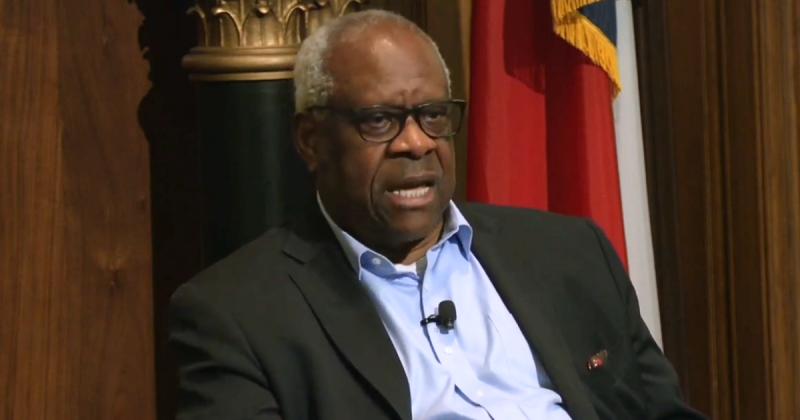The Supreme Court’s latest move in a long-running legal fight has reignited frustration among military families who say Washington continues to hide behind outdated rules that deny them basic accountability.
This week, the justices declined to review a wrongful-death claim brought by the widow of an Air Force staff sergeant killed in a 2021 accident involving a federal employee—a decision that drew unusually pointed criticism from within the Court itself.
Air Force Staff Sgt. Cameron Beck died while riding his motorcycle near Whiteman Air Force Base in Missouri.
He had been heading home for lunch when a civilian federal worker, allegedly distracted by her phone, steered her government-issued van into his path.
His wife, Kari Beck, filed suit against the United States, arguing that the government should be held responsible for the conduct of its employee.
Lower courts rejected her case under the Feres doctrine, a 1950 Supreme Court decision that shields the federal government from liability for injuries considered “incident to military service.”
That interpretation has grown broader over time, extending far beyond combat and into routine, non-military situations, according to analyses from the Congressional Research Service, per Newsweek.
Associate Justice Clarence Thomas issued the strongest reaction to the Court’s refusal to intervene. In a detailed dissent, he argued that the justices missed a crucial opportunity to correct decades of confusion created by the doctrine’s expanding reach.
“We should have granted certiorari. Doing so would have provided clarity about [Feres v. United States] to lower courts that have long asked for it,” Thomas wrote.
He added that Feres “has garnered near-universal criticism; has caused significant confusion; and has deprived servicemembers and their families of redress for serious harms.”
Thomas emphasized that Beck’s situation did not fall anywhere near the category of activities Congress intended to shield from liability under federal law.
He argued that “driving home for lunch with one’s family while off duty” cannot reasonably be understood as military-related conduct.
Since the Federal Tort Claims Act expressly waives immunity except in cases involving wartime combatant activities, Thomas concluded the lower courts misapplied the precedent.
The justice was even more direct in assessing the basic merits of the lawsuit, saying it “ordinarily would have been an open-and-shut wrongful-death case.”
In his view, Beck “was not killed incident to military service at all. He was killed in Missouri while off duty and going home to eat lunch with his family.”
Justice Neil Gorsuch also indicated he would have taken the case, though he did not provide a written explanation. His stance suggested at least some internal appetite for revisiting the Court’s 75-year-old precedent.
Justice Sonia Sotomayor, while declining to vote in favor of review, acknowledged that the doctrine continues to create deeply inequitable outcomes, according to Townhall.
She wrote, “I write… to underscore that this important issue deserves further congressional attention, without which Feres will continue to produce deeply unfair results like the one in this case and the others discussed in Justice Thomas’s dissenting opinion.”
Sotomayor noted that Feres has barred legal recovery for service members and their families in cases involving “medical malpractice, sexual assault, and (as here) car accidents,” even when the events occurred on American soil with little connection to actual military duties.
She argued that Congress remains the only body capable of restructuring the law.
Because the justices declined to intervene, the lower court’s dismissal of Kari Beck’s lawsuit remains in place.
With bipartisan criticism of the Feres doctrine increasing, the responsibility now shifts to lawmakers, who hold the sole authority to revisit the statutory framework that has shielded the federal government from these claims for generations.

